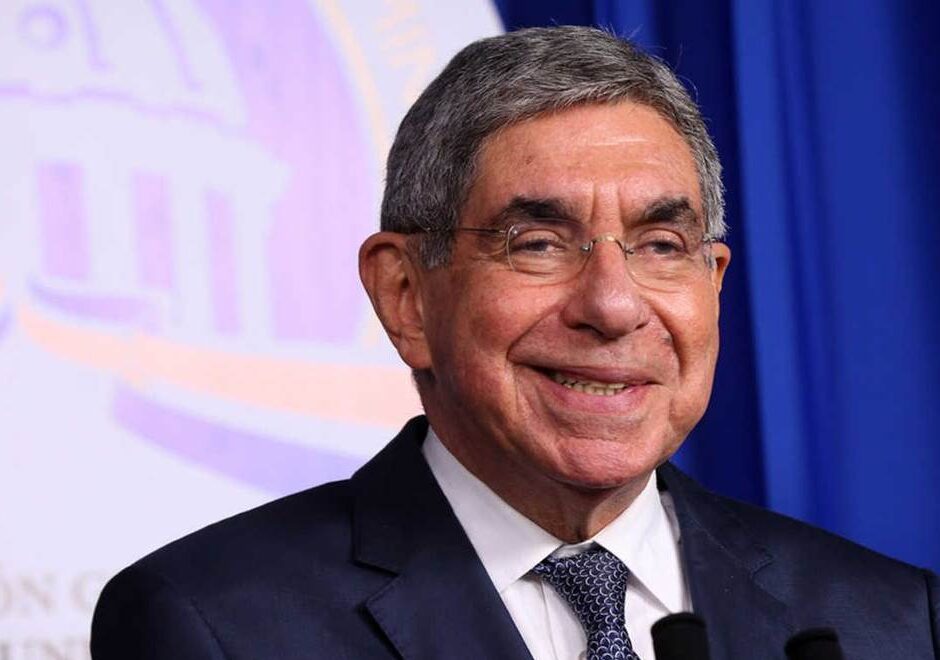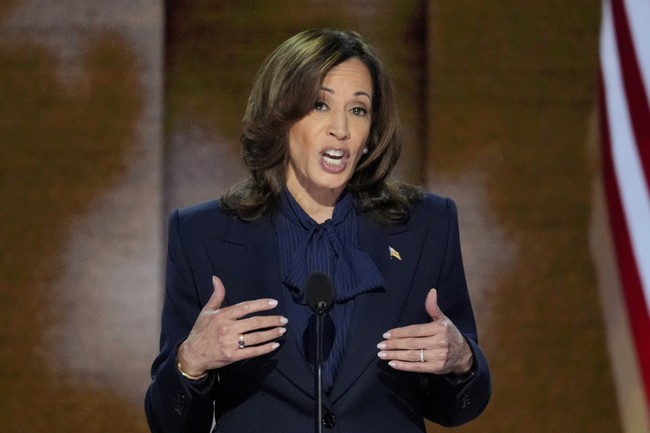Netanyahu's Unyielding Diplomacy Sparks Debate
Israeli PM Benjamin Netanyahu's visit to Hungary has stirred political discourse, defying an ICC arrest warrant for alleged war crimes in Gaza. What motivates these bold diplomatic moves?
Published April 01, 2025 - 00:04am

Image recovered from europapress.es
The Israeli Prime Minister, Benjamin Netanyahu, is preparing for a controversial visit to Hungary on April 2, 2025, breaking new ground in international diplomacy amid a backdrop of legal contention. The trip is set to occur despite an outstanding arrest warrant issued by the International Criminal Court (ICC), alleging crimes against humanity and war crimes linked to Israel's military actions in Gaza. This visit is more than a ceremonial state affair; it serves as a litmus test for international law, state sovereignty, and the priorities of bilateral relations.
Viktor Orbán, the Prime Minister of Hungary, has extended an official invitation to Netanyahu, decisively rejecting the ICC's mandate. Orbán, a staunch ally of Israel, has publicly criticized the ICC's decision, labeling it as 'shameful' and claiming it disrupts the principles of international law. Hungary is a signatory to the Rome Statute, the treaty that establishes the ICC, but Budapest argues that its domestic laws prioritize national sovereignty, thus exempting it from enforcing the ICC's provisions.
The dynamics of this visit reflect broader geopolitical trends, where established international norms are increasingly challenged by national interests and alliances. During Netanyahu's stay, discussions with Hungarian officials will likely broach the sensitive topic of relocating Hungary's embassy from Tel Aviv to Jerusalem, a move that would align with Netanyahu's policy shifts but starkly contradict the European Union's stance. The EU adheres to United Nations Security Council Resolution 478, which advises member states to abstain from situating their embassies in Jerusalem.
The timing of this visit and the issues it brings to the fore underscore the complexities of the current geopolitical climate. International observers are keen to see whether Hungary will follow through on its willingness to breach EU policy. Such a decision would not only reverberate through EU-Israel relations but also set a precedent for future diplomatic engagements involving contested international mandates like those of the ICC.
In the context of international law, Netanyahu's visit poses a critical question about the efficacy and enforcement capabilities of institutions like the ICC. While the ICC aims to bring accountability for serious international crimes, the reluctance or outright refusal of some countries to enforce its warrants challenges the court's authority. This becomes particularly pronounced when considering the strategic and economic ties that bind nations, often overriding moral and legal obligations.
The underlying tensions of Netanyahu's visit to Hungary are emblematic of a broader pattern where pragmatic politics often eclipse legal mandates. For Netanyahu, maintaining support from regional allies like Hungary is crucial, especially against the backdrop of his domestic and international challenges. For Orbán, aligning with Netanyahu reinforces Hungary's foreign policy stance that frequently leans away from EU consensus and towards a more individualistic, sometimes contrarian, approach.
As geopolitical landscapes shift, the implications of Netanyahu's controversial travel extend beyond bilateral relations with Hungary. They reflect a global trend where power politics increasingly dictate international interactions, sometimes at the expense of established international frameworks designed to maintain order and ethical governance. Observers and analysts will continue to scrutinize the outcomes of this diplomatic engagement for insights into the evolving paradigms of international relations.







